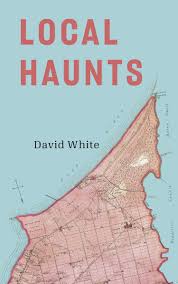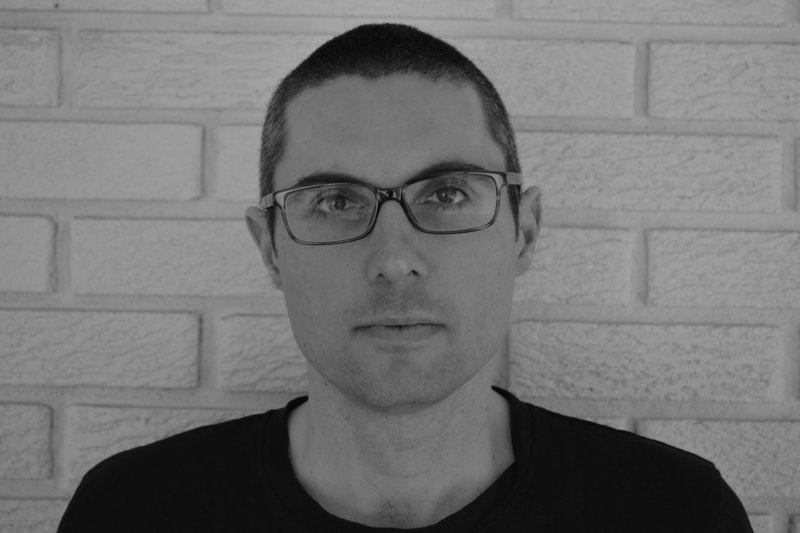David White's Local Haunts
Reviewed by Aaron Schneider
|
|
Local Haunts, David White’s follow up to his 2017 debut collection The Lark Ascending, is an extraordinary book. As its title suggests, it is grounded in the local, in London, Ontario and the Lake Huron shore northwest of it, and White’s regionalism is at once intimate and capacious, weaving a lifetime of deeply personal moments together with the manifold, sometimes barely remembered, histories of Lambton, Middlesex and Huron Counties. The book is divided into three sections that progress roughly through time, from the 1960s to the present: “Port Franks, Looking Towards Kettle Point,” “Days,” and “Sunrise on the Coldstream Road.” And the poems track White’s development from the traumas of his childhood to the loves and friendships of his adult years while remaining alive to the complexities of the broader socio-political context in which his life is embedded.
In the first section, difficult but powerful poems about his father’s abuse of his mother and the sexual abuse White himself suffered at the hands of a family friend simultaneously interrogate London’s history as a military town. In “The Armories: Men’s Canteen, 1961,” White writes about being sent by his mother to retrieve his father from the bar in the basement of the Armories. It is worth noting that this local landmark is no longer a military building, but has been preserved as a hotel, and will be instantly recognized by anyone familiar with the city. White writes: “Horses housed in darkness. / Watering hole for militia men.” The horses, a military anachronism kept for show, gesture towards the, at this point, more than a century old military presence in the city, and the juxtaposition of the two lines in a couplet suggests both the dehumanisation of the militia men, White’s father among them, and the embedding of that dehumanisation within the longstanding patriarchal institution of military masculinity. The poem proceeds from the father humiliating his seven-year-old child in front of his drinking buddies to the inevitable conclusion of the day: |


